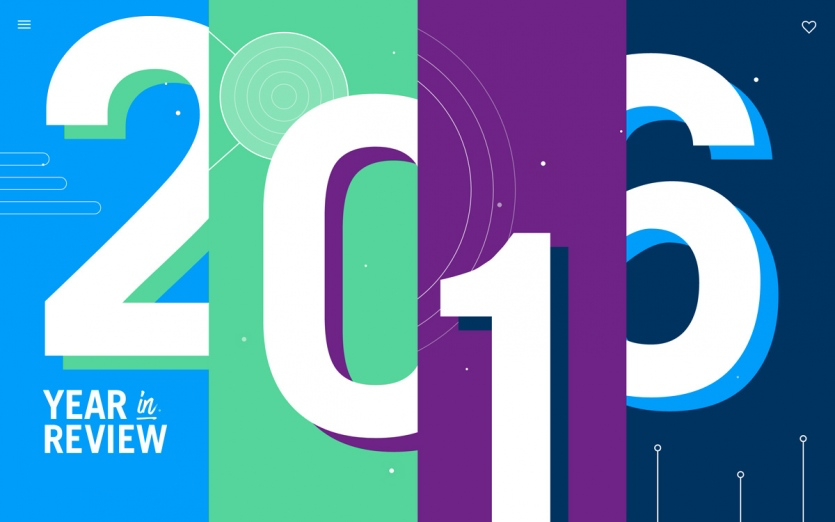
Dear colleagues and friends,
For many across the world, 2016 was a year of unexpected turbulence, from on-going violent conflicts and the plight of refugees, to violent terrorist attacks in cities across the globe, to unexpected voting patterns the outcome of which raise challenging questions about the future of democracy. Unfortunately, news that helps us understand and media that helps frame and contextualise these and other developments, remain elusive.
The ICT4Peace Foundation, which celebrated in March 2016 its 10 Year Anniversary, continued this year its core mission – in cooperation with its many partners – to promote peace and security in cyberspace, through inter alia efforts to promote norms of responsible behaviour and confidence building measures as well as capacity building, to respond to the use of the internet for terrorist purposes, to prevent violent extremism online, to verify social media content, and to promote better use of ICTs in the domains of refugees and protection of civilians as well as peacekeeping and peace building operation.
We believe in the art of the long view. As we look forward to 2017 and beyond, the Foundation sees no option but to move forward, building on measures taken to secure dignity, rights, peace and justice in cyberspace, and by extension, in all our lives including those most at risk of violence, discrimination, hate, hurt and harm. Our mandate is anchored to Paragraph 36 of the World Summit of Information Society’s 2005 Tunis Commitment, which stresses how technology is inextricably entwined with peace, and the pursuit of peace. That has not changed for us. Through our work we envisage a world that is more secure, peaceful and just.
May I also take this opportunity to thank our partners, well-wishers and supporters for contributing to the work of the Foundation.
Wishing you all a happy New Year,
Daniel Stauffacher
President
www.ict4eace.org
P.S. Kindly find below some examples of our work in 2016. The full text of our end of year note you will find here.
###
In accordance with its core mission of promoting a resilient, open, safe and secure cyberspace, throughout 2016, ICT4Peace further deepened its longstanding work on policy research, advocacy and capacity building regarding to norms of responsible behaviour and confidence building measures in cyberspace. Here are some examples of activities:
In the autumn, the Foundation was invited to brief at a special meeting the UN Security Council on Cybersecurity and International Peace and Security. It also participated in a meeting on the topic of capacity building, cyber space and international peace and security in the margins of the UN General Assembly First Committee’s annual session.
- ICT4Peace at Munich Security Conference: Cybersecurity must be part of the Global Development Debate
In May, the ICT4Peace Foundation was invited to participate in a validation meeting around a study, led by UN Office of the High Commissioner on Human Rights (OHCHR) and the Geneva Academy on countering violent extremism and terrorism online, freedom of expression and the right to privacy. Throughout 2016 and extrapolating from experiences in Sri Lanka, the Foundation remained deeply engaged in Myanmar, working with leading local collectives and individuals in Yangon and beyond to strengthen in-country capacities around the verification of social media, countering hate speech online, the production of counter-speech campaigns and data driven advocacy:
Complementing this work on countering violent extremism and in line with Foundation’s core mission of promoting a resilient, open, safe and secure cyberspace, the Foundation launched a joint project with UN Counter Terrorism Executive Directorate (CTED) on Private Sector Engagement in Responding to the Use of the Internet and ICTs for terrorist purposes.
As our work around crisis information management was winding down after eight years of active engagement that saw the UN embrace the potential of ICTs in preventing, responding to and recovering from humanitarian disasters, we welcomed the launch of the Humanitarian Exchange Language (HXL).
Another highlight of the year was co-hosting the annual Build Peace conference, held at ETH, Zurich. The Foundation also co-hosted again the annual International Network of Crisis Mappers (ICCM) held in Manila, Philippines.
